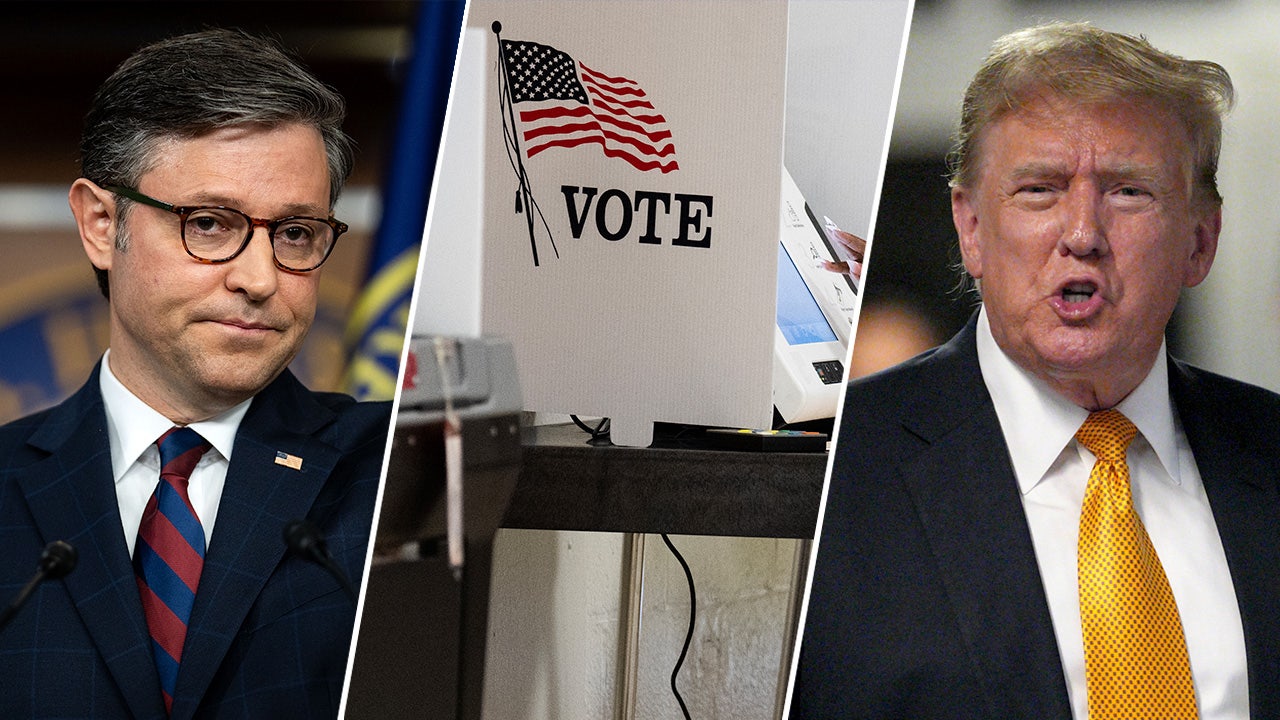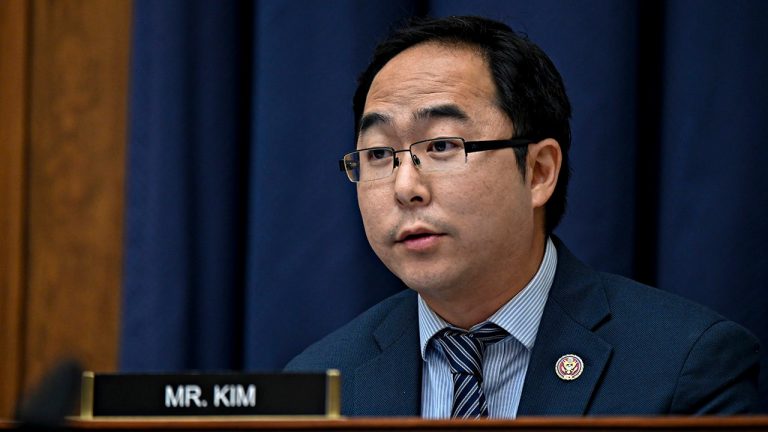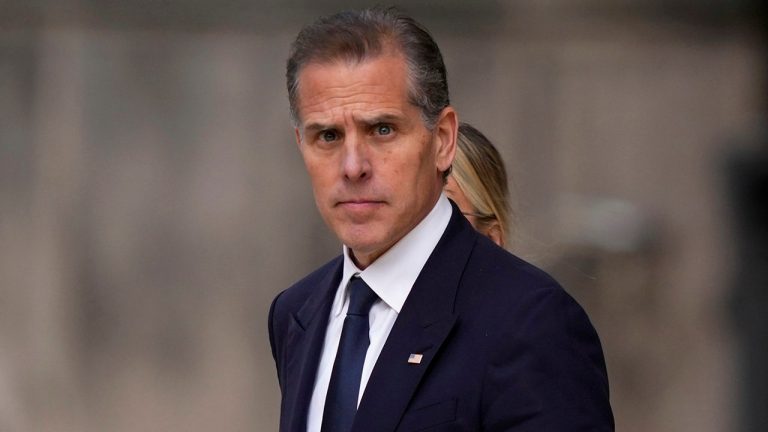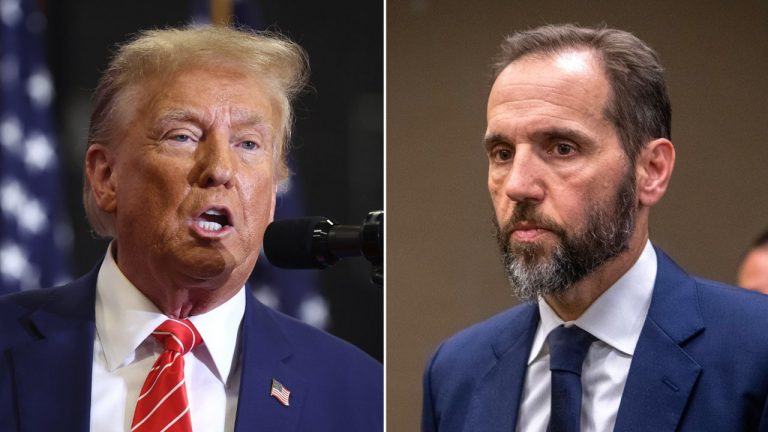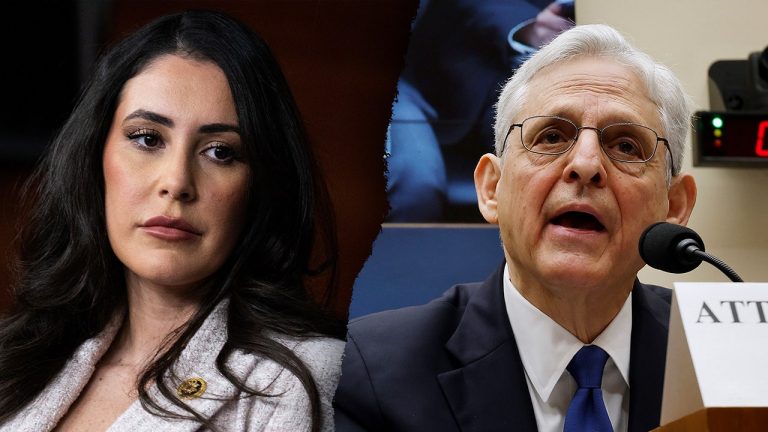House committee moves forward with election security bill supported by Trump.
The recent advancement of a crucial election security bill, known as the Safeguard American Voter Eligibility (SAVE) Act, has garnered support from prominent figures such as former President Trump and Speaker Mike Johnson. This bill, introduced by Rep. Chip Roy, aims to enhance election integrity by requiring states to verify citizenship through documentary proof before allowing individuals to register to vote in federal elections. Additionally, the SAVE Act also mandates the removal of noncitizens from existing voter rolls to prevent any foreign influence in the electoral process.
The Committee on House Administration approved the SAVE Act in a decisive six-to-one vote, paving the way for further consideration in the House of Representatives. Committee Chairman Bryan Steil expressed his enthusiasm for the bill, emphasizing the importance of preventing noncitizen voting to restore trust in the electoral system. This sentiment was echoed by Speaker Johnson, who highlighted the significance of upholding citizenship requirements in light of potential vulnerabilities created by the current administration’s immigration policies.
During the bill’s unveiling at a press conference held at Trump’s Mar-a-Lago resort, Johnson emphasized the urgent need to address the influx of non-citizens resulting from lax border policies. He underscored the potential impact of even a small fraction of non-citizens casting votes on the integrity of the election process, calling attention to the scale of the challenge posed by the open borders facilitated by the Biden administration.
While supporters of the SAVE Act assert that it is a crucial step towards safeguarding the electoral system from external interference, critics, including Rep. Joe Morelle, have raised concerns about the bill’s potential impact on voter access. Morelle argued that the bill’s stringent documentary requirements could disenfranchise millions of eligible voters, particularly those facing challenges in obtaining the necessary documentation. He cautioned against the potentially exclusionary nature of the bill, highlighting the diverse groups of individuals who may face obstacles in meeting the new voter registration standards.
Despite these criticisms, conservative groups like Honest Elections Project Action have voiced their support for the SAVE Act, citing its potential to bolster election integrity. Executive Director Jason Snead lauded the bill for its focus on promoting transparency and accountability in the electoral process, underscoring the importance of upholding citizenship requirements to prevent unauthorized individuals from influencing election outcomes.
In a broader context, the SAVE Act represents a significant bipartisan effort to address key vulnerabilities in the electoral system and fortify the integrity of federal elections. By requiring states to implement rigorous citizenship verification measures and purge noncitizens from voter rolls, the bill aims to strengthen trust in the democratic process and uphold the fundamental principle of citizen participation in elections.
As the SAVE Act moves closer to a chamber-wide vote, its implications for the future of election security and voter access remain at the forefront of national discourse. The bill’s passage through the Committee on House Administration marks a critical step towards enacting comprehensive reforms to safeguard American voter eligibility and protect the sanctity of the electoral process.


